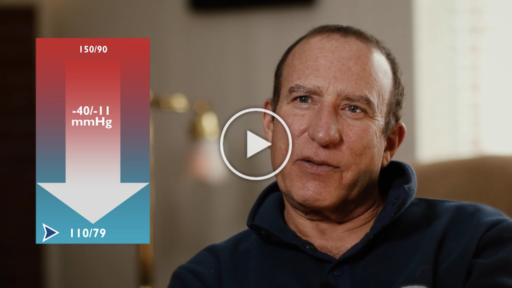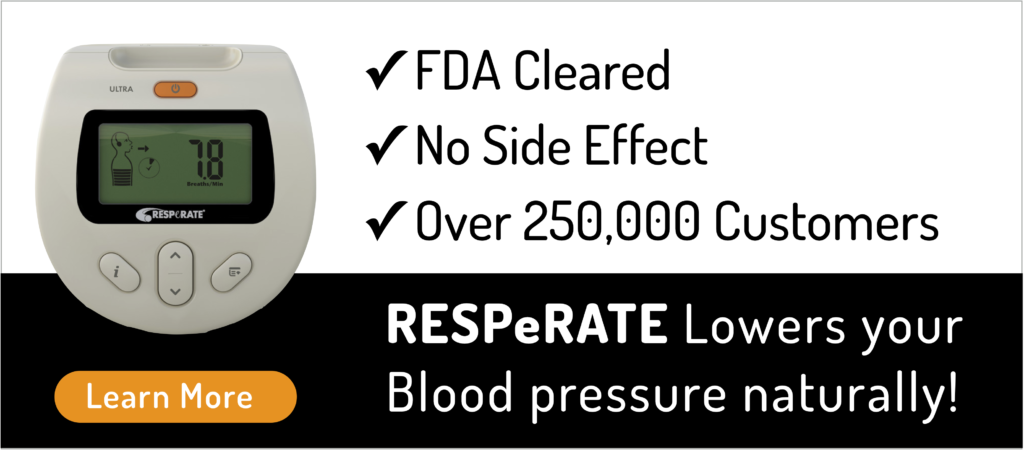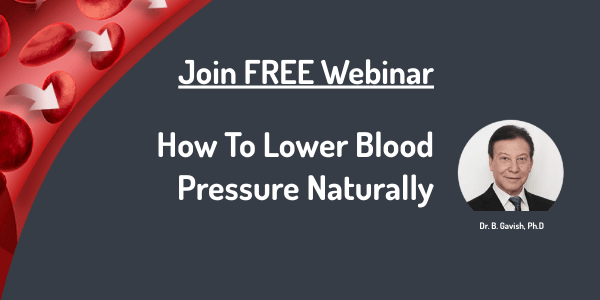For some of us sleep is a luxury. But sleep is necessary and is critical to good health. Sleep allows your body to repair itself. Getting enough good sleep also helps you function normally during the day.
How Much Sleep Do I Really Need?
Most adults need at least 7 hours of sleep each night. However, more than one in three American adults say they don’t get the recommended amount of sleep. While this may be fine for a day or two, not getting enough sleep over time can lead to serious health problems—and make certain health problems worse.
Lack of Sleep And Your Health
Adults who sleep less than 7 hours each night are more likely to say they have had health problems, including heart attack, asthma, and depression. Some of these health problems raise the risk for heart disease, heart attack, and stroke. These health problems include:
- High blood pressure. During normal sleep, your blood pressure goes down. Having sleep problems means your blood pressure stays higher for a longer amount of time. High blood pressure is one of the leading risks for heart disease and stroke. About 75 million Americans—one in three adults—have high blood pressure.
- Type 2 diabetes. Diabetes is a disease that causes sugar to build up in your blood, a condition that can damage your blood vessels. Some studies show that getting enough good sleep may help people improve blood sugar control.
- Obesity. Lack of sleep can lead to unhealthy weight gain. This is especially true for children and adolescents, who need more sleep than adults. Not getting enough sleep may affect a part of the brain that controls hunger.
In Fact Job stress, high blood pressure and poor sleep may be a recipe for an early death, German researchers report. That’s the finding of research published in the European Journal of Preventive Cardiology, a journal of the European Society of Cardiology (ESC)
n a study of nearly 2,000 workers with high blood pressure who were followed for almost 18 years, those who reported having both a stressful job and poor sleep were three times more likely to die from heart disease than those who slept well and didn’t have a trying job, the investigators found.
Watch How Mark Lowered His Blood Pressure Naturally. It was 150/100, this morning it was 110/79 Watch Video
Over time, sleep problems can hurt your heart health.
Sleep apnea happens when your airway gets blocked repeatedly during sleep, causing you to stop breathing for short amounts of time. Sleep apnea can be caused by certain health problems, such as obesity and heart failure.
Sleep apnea affects how much oxygen your body gets while you sleep and increases the risk for many health problems, including high blood pressure, heart attack, and stroke. It is more common among blacks, Hispanics, and Native Americans than among whites.
Insomnia is trouble falling asleep, staying asleep, or both. As many as one in two adults experiences short-term insomnia at some point, and 1 in 10 may have long-lasting insomnia.8 Insomnia is linked to high blood pressure and heart disease. Over time, poor sleep can also lead to unhealthy habits that can hurt your heart, including higher stress levels, less motivation to be physically active, and unhealthy food choices.
What can I do to get better sleep?
- Stick to a regular sleep schedule. Go to bed at the same time each night and get up at the same time each morning, including on the weekends.
- Get enough natural light, especially earlier in the day. Try going for a morning or lunchtime walk.
Get enough physical activity during the day. - Try not to exercise within a few hours of bedtime.
- Avoid artificial light, especially within a few hours of bedtime. Use a blue light filter on your computer or smartphone.
- Don’t eat or drink within a few hours of bedtime, especially alcohol and foods high in fat or sugar.
- Keep your bedroom cool, dark, and quiet.
- Work with your health care team to identify obstacles to good sleep, including other medical conditions.
I have some of these and I found them very helpful in getting quality sleep. And just maybe you will too.







 Download Brochure
Download Brochure
Why can’t I buy a Resperate unit in UK
Hi, At this time we do not ship directly into the U.K. Many of our buyers use a mail forwarding
service like http://www.myus.com. This gives you an address in the U.S I can ship to and then they
will ship to you. Kindest Regards, Eli, Content Manager.